Odour
Cooking odours
You may not like what your neighbour is cooking but we cannot dictate what they cook in their own home. Try and speak to your neighbour first. Extractor fans or recycling fans can assist in reducing kitchen odours but are unlikely to eliminate it completely in a home.
Cigarette smoke
If this is going from one neighbour's property into another it can be unpleasant and difficult to resolve. This can sometimes be caused by the structure of the building. It is not advisable to block airbricks. If you have easy access to the floorboards you could lift them and see whether the mortar between the properties has broken up and given a through path. If so, you could repair it. It may help, if you are already carrying out home improvements, to lay underlay and a hard floor. This can provide a virtually impenetrable surface which the smoke can't seep through.
Dog faeces left in gardens
Unfortunately not everyone cleans up after their dog. Speak to your neighbour in the first instance if they're not cleaning up after their dog and it's causing an odour. If this doesn't have the desired effect you will need to be prepared to give us your details and the address that is causing the problem.
Waste should be cleared up and double bagged, then it can be disposed of with your household rubbish. Preferably don't leave dogs out to use hard surfaces such as paving slabs or concrete as a toilet. Concrete soaks up the urine and it can be very difficult to get rid of the smell without the use of very strong chemicals.
Horse manure
Position manure heaps away from any neighbouring properties. Deal with any odour complaints quickly. Manure heaps can become extremely hot and this may lead to the heap starting to burn. The smoke from this may cause a nuisance to your neighbours. The heap should not be allowed to become too large and unmanageable.
Poultry manure
A local code of practice has been introduced to encourage the responsible use of poultry manure when applied to agricultural land. It is intended to be a working document which provides an opportunity for stakeholders to participate in resolving problems proactively.
It was originally drafted in response to a recurring problem of fly infestation and was adopted by four Kent local authorities (Ashford, Maidstone, Tonbridge & Malling and Tunbridge Wells).
Download the code of practice for the agricultural use of poultry manure 2011 [pdf] 187KB
Sewage sludge
Sewage sludges (sometimes known as bio-solids) contain large amounts of nitrogen, phosphorus, trace elements and organic matter. Their application to agricultural land is regulated by the Sludge (Use in Agriculture) Regulations 1989, supported by a code of practice.
Sewage sludges are also recycled in accordance with the 'Safe Sludge Matrix'. This agreement goes beyond the current regulatory requirements and as a result all untreated sludges can't be used on food crops. Sewage sludges can also be applied to non-agricultural land provided it can be demonstrated that there will be 'ecological improvement' of land.
The application of sewage sludges can cause odour and it is normal practice to incorporate the material by cultivation. This will help to reduce its environmental impact.
We are unable to stop the use of sewage sludges
There is an agreement between the Environment Agency and Kent local authorities for the storage and application of waste to agricultural land and non agricultural land.
Download the Sludge Protocol [pdf] 213KB
Crop spraying
Crop spraying is an essential element of farming today. Full details of crop spraying application can be found on the DEFRA website.







